After three weeks of wide-ranging (and often meandering) witness testimony and questioning, today's closing arguments in the Epic Games Inc. v. Apple Inc. trial focused on two crucial and highly technical legal questions: what is the relevant competitive market and what should the court do if Apple is found to be unfairly monopolizing that market?
For Epic, the market in question in this case is simply the market for apps on iOS. In this market, Epic argues, Apple clearly has monopoly control, since iOS users can't legitimately download apps or make in-app purchases without using Apple's App Store.
But Apple said that's the wrong way to look at the world iOS operates in and that the company already faces "massive competition on a worldwide scale." That includes mobile competition from Android (which has a much larger worldwide market share) and gaming competition from consoles, PC storefronts like Steam, and more.
"This isn’t the '90s," Apple's counsel argued, a time when most relevant consumers had a single computing device and were effectively locked into whatever computing platform they chose. Most iPhone owners instead have "concurrent ownership of a boatload of devices" like desktop PCs or Macs, laptops, consoles, or non-iOS tablets. Apple also pointed to the 2017 debut of Fortnite on the Switch, which ended up reducing the market share on other platforms, including iOS.
"This is not a case where there’s one device out there and if there’s a part missing you’re out of luck, you can't use that device," Apple's counsel argued, a strong allusion to the legally relevant 1992 Eastman Kodak anti-monopoly case for after-market copier parts.
“If you buy the Xbox or buy into a variety of these particular walled-off gardens, you know that that’s what you’re buying into, and you choose to make that decision.”Yvonne Gonzalez Rogers
Epic argued back that App Stores on other devices aren't appropriate market substitutes. That's because, even if those competitors lowered their App Store commissions, "you would not see switching in sufficient numbers in terms of app distribution to constrain Apple’s conduct." Conversely, Epic said, "if Apple were to raise the price [of its commission], you would not see sufficient people switching to an Android device or a console."

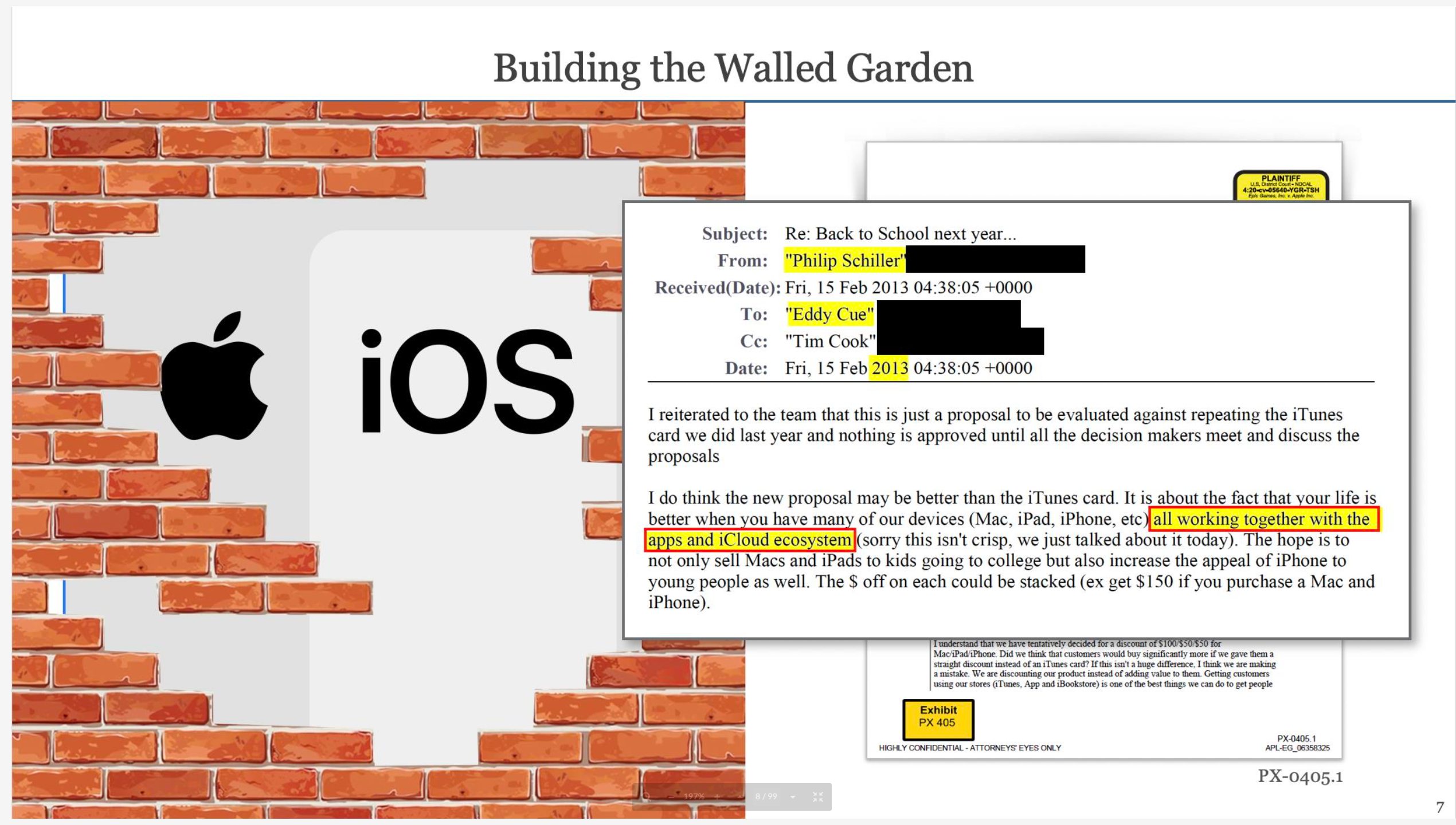
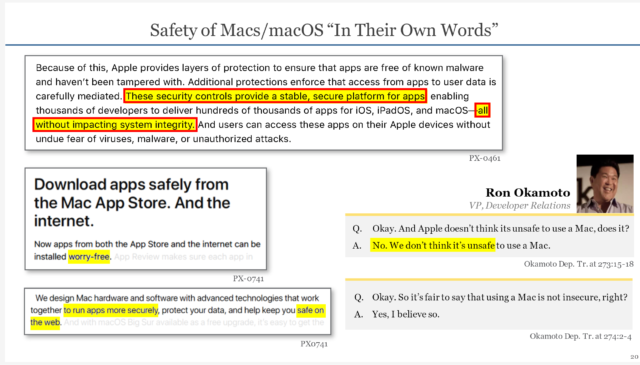
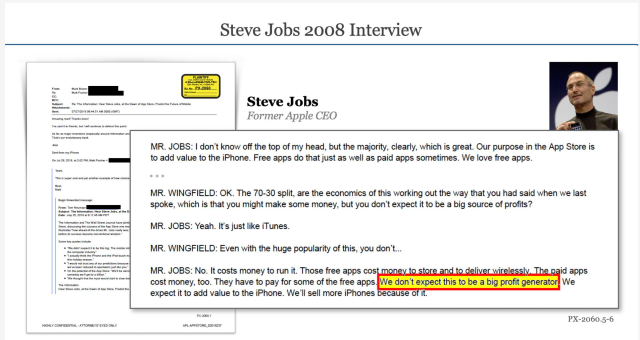
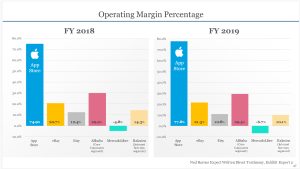
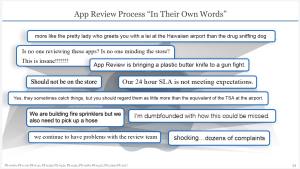

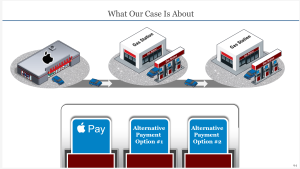
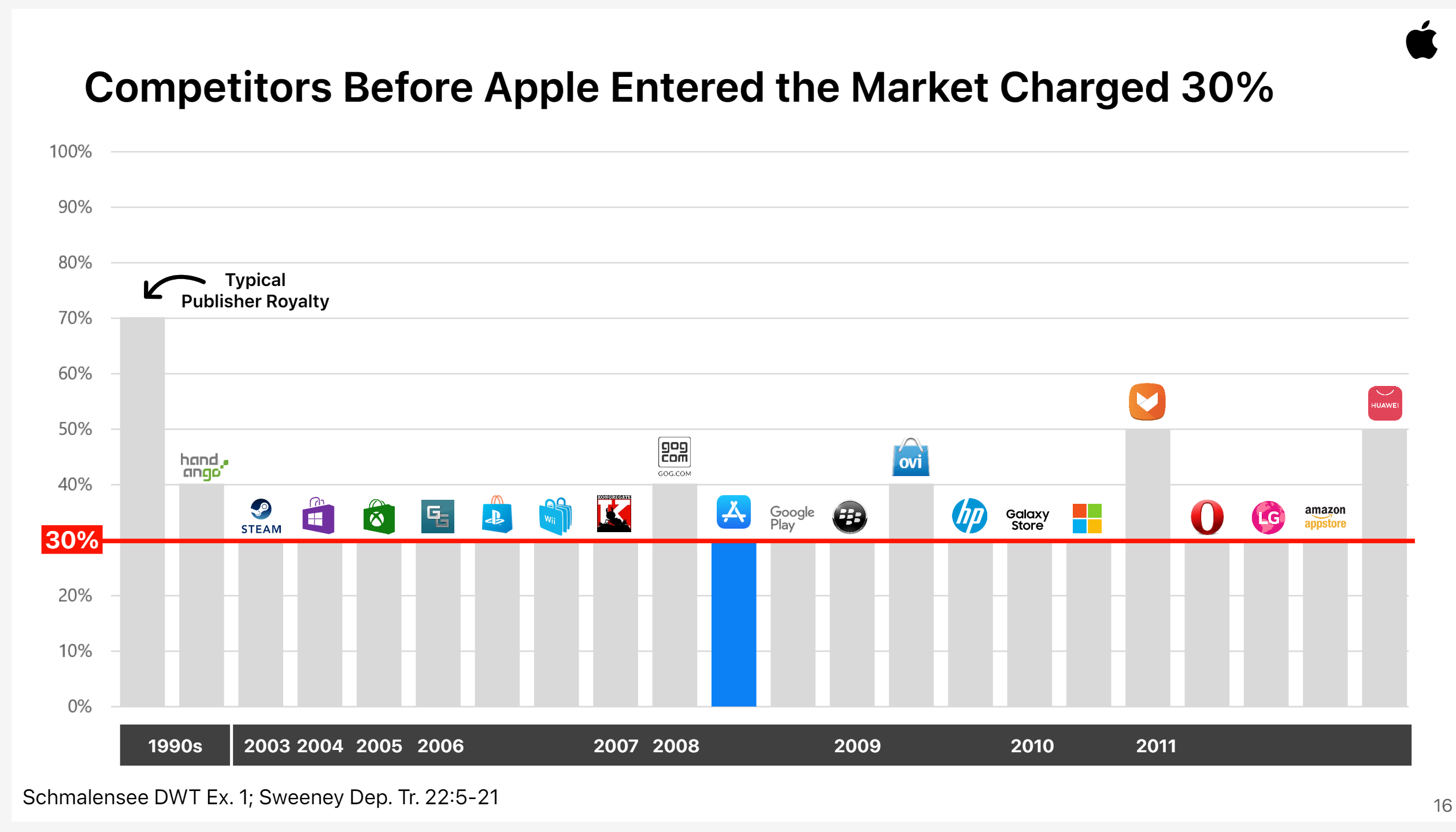
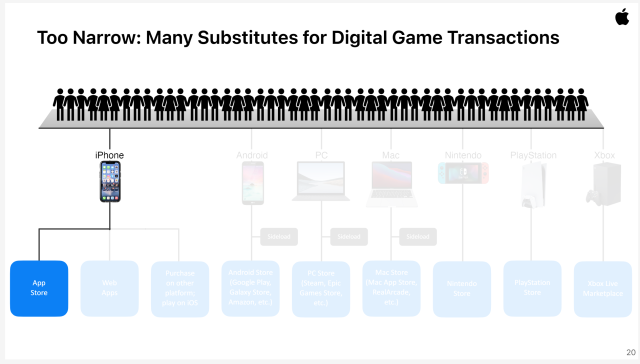
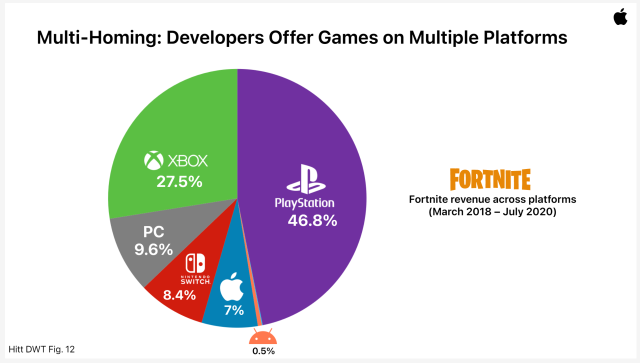
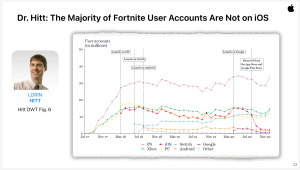
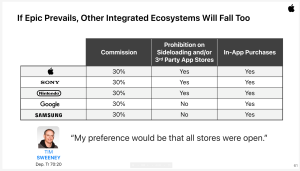
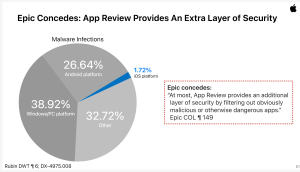
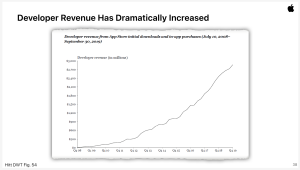
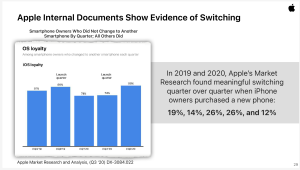



 Loading comments...
Loading comments...
